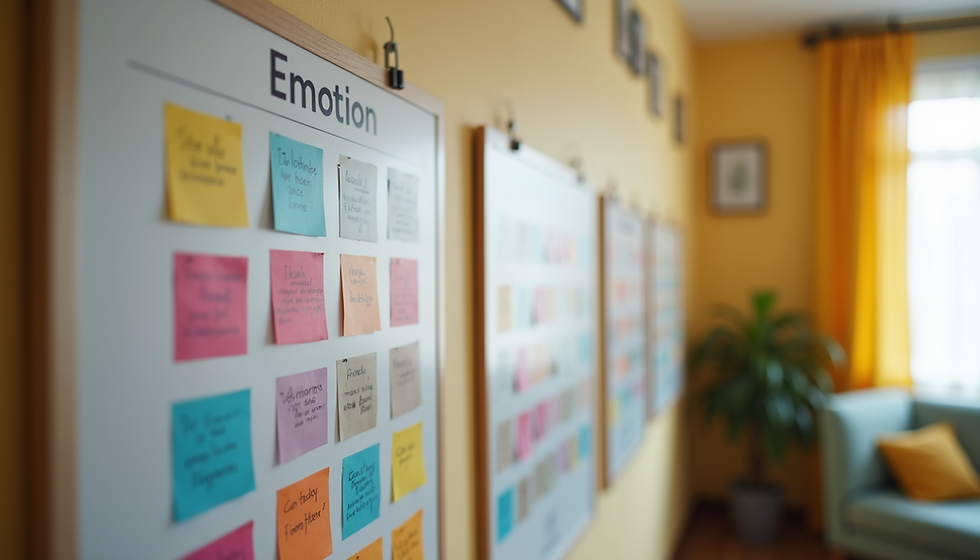Worksheets Don’t Work
- Mary Kerwin

- Aug 1, 2024
- 2 min read
Updated: Aug 7, 2024
Back-to-school season is upon us, and with it comes a tidal wave of advice, products, and promises about getting your little one "school ready", even if they are years away from going to school. One trend that keeps popping up is the obsession with worksheets and workbooks.

So we rush to get as many as we can. After all, we are our wee one's first and most important teacher. And what mom doesn't want to give their little learner an advantage. Now, don't get me wrong, these tools do have a place; it's just not here; just not now. I've been in the trenches of early childhood education for over four decades. I’ve seen countless classrooms, and trust me, worksheets are not the golden ticket to academic success.
Your little learner is in such a dynamic stage of growth! Their brains are wired for hands-on, sensory experiences, not for sitting still and filling out worksheets. Fine motor skills like holding a pencil are still developing, so asking them to complete worksheets can be more frustrating than fun. Worksheets don't work.
Yes, there are those wee ones that love to sit with their grown-ups and get their undivided attention. However, when we force them into a structured, worksheet-based world, we're essentially squelching their natural curiosity. Imagine a tiny bird with wings clipped, trying to fly. That's kind of what we're doing to our kids when we overload them with worksheets.
Besides, learning isn’t just about letters and numbers. Worksheets are solitary tasks that don’t offer important social interactions.
Let's embrace the magic of play. Play is a child's work. It's how they learn about the world, develop social skills, and build problem-solving abilities. When we encourage play, we're nurturing little minds in the best way possible. Playdates, group activities, and family games build these skills naturally.
If you want to help your little learner "get ready", focus on activities that are interactive and fun. Building with blocks, reading together, exploring outdoors, and even simple counting games can do wonders for their development without the frustration that worksheets can bring.
Another great alternative to worksheets is using visual charts and schedules. Little ones (and many big ones) thrive on routine and predictability, and visual aids can help them understand what to expect throughout the day. Whether it’s a colorful daily schedule or a simple chart showing morning tasks, these tools not only support their sense of independence but also help with language development and understanding time concepts. Plus, they’re interactive in a way that engages young minds without the pressure of getting the “right” answer. Imagine a world where your child knows what to expect next, feels a sense of control, and is excited to participate in their day. Visual schedules turn everyday moments into learning opportunities. From getting dressed to brushing teeth, every step becomes a mini-lesson in independence and self-care.
So, teaching your little one is not about reciting the ABC's or counting to 20. It's not about rushing to have your child read or write at an alarmingly young age. It's about nurturing a love of learning, building confidence, and fostering a strong foundation for future academic success. Let's ditch the worksheets and embrace the joy of hands-on learning - learning through play. Make the most of your child's early years and your independent, curious, little scholar will thank you for it!
What's your go-to learning tool for your little?
📚 Workbooks and Worksheets:
🧩 Play-Based Learning
🎨 Creative Arts and Crafts:
📅 Visual Charts and Schedules








Comments